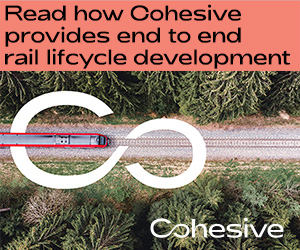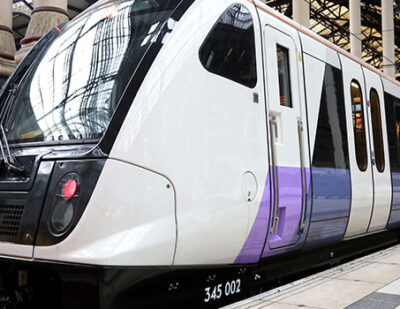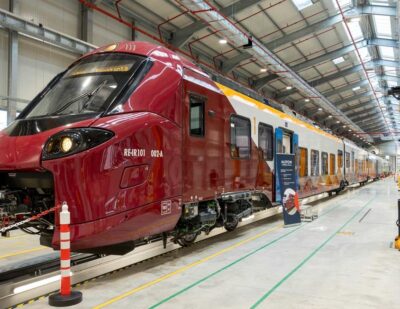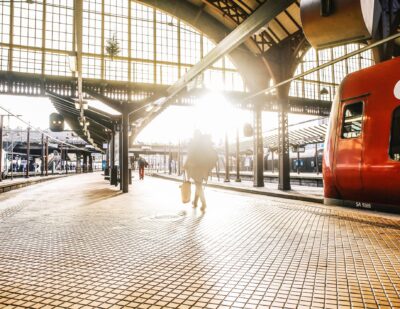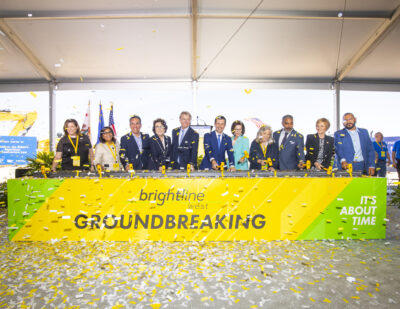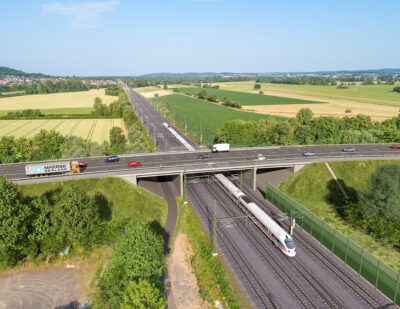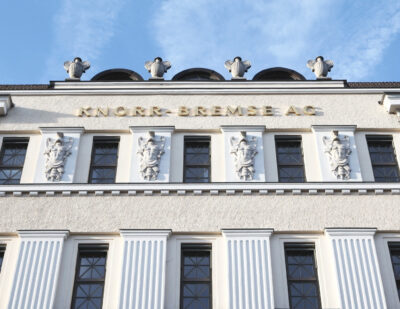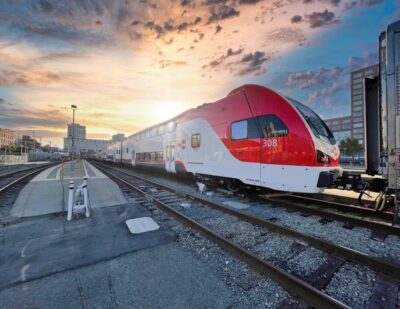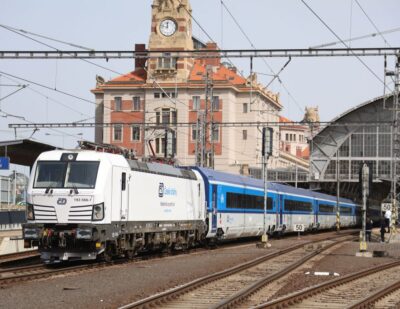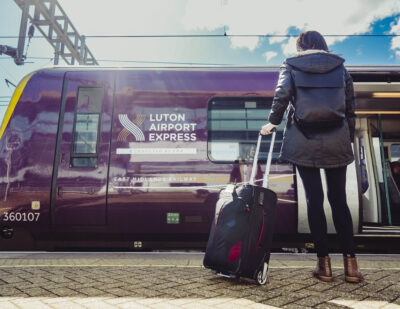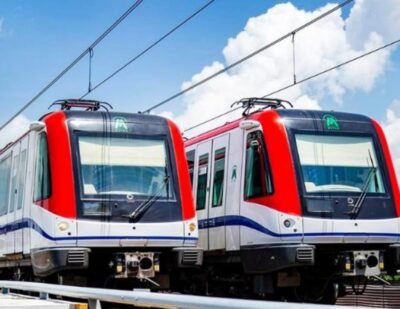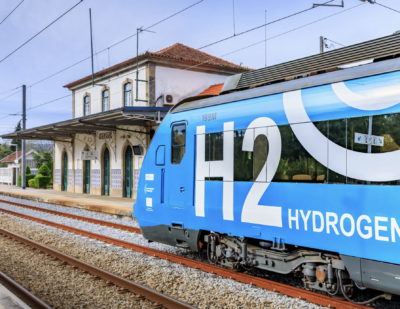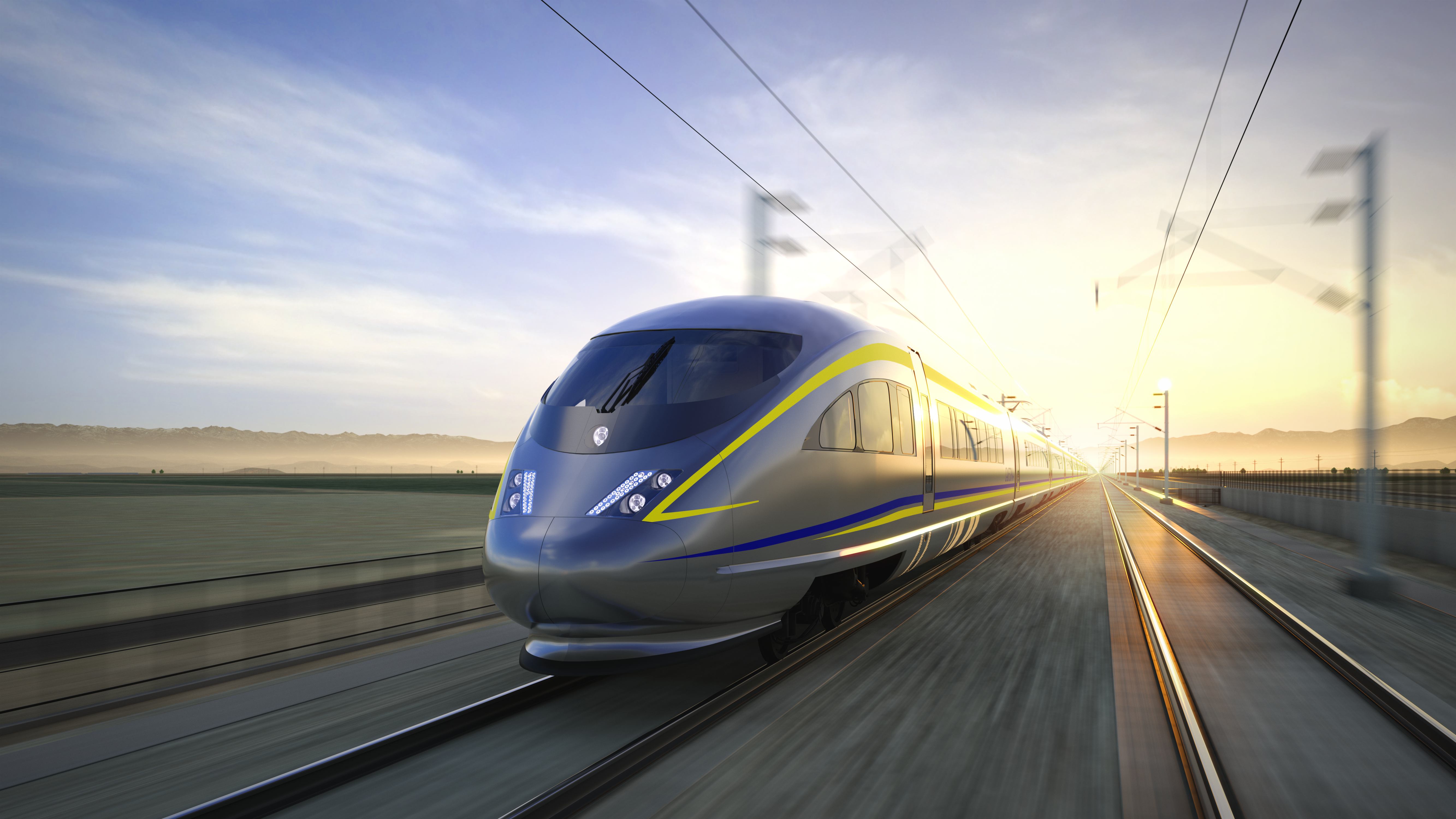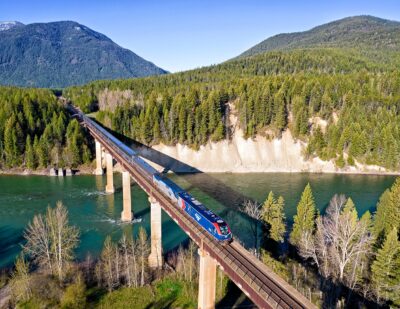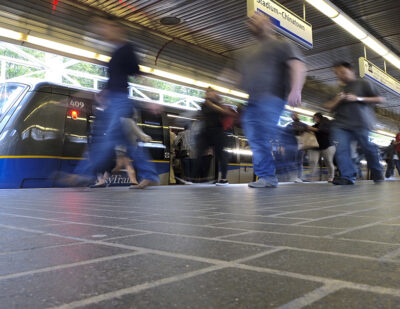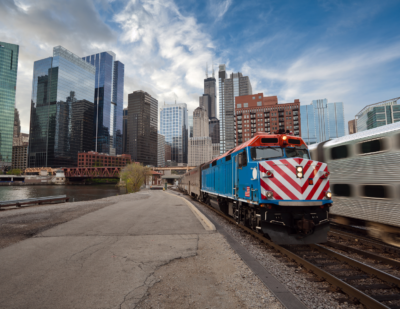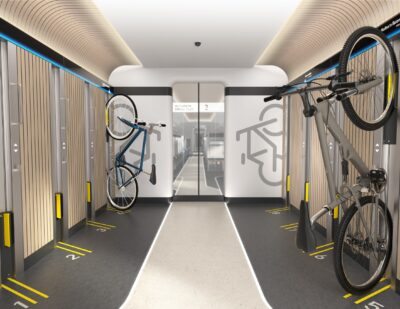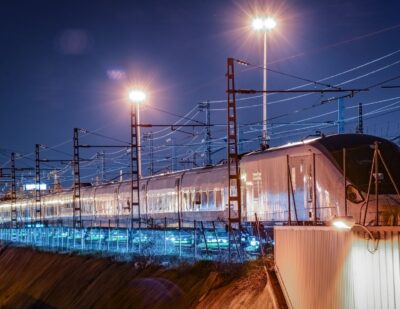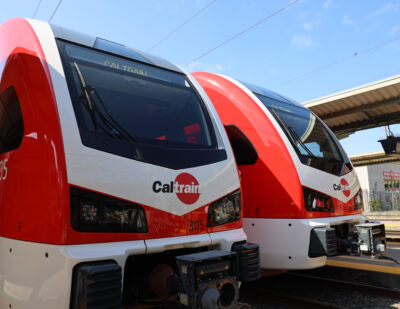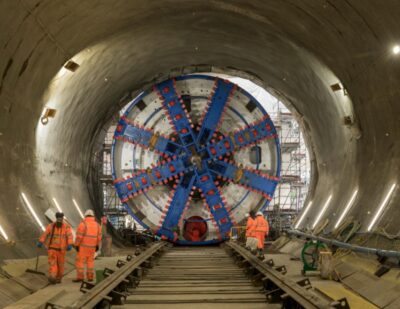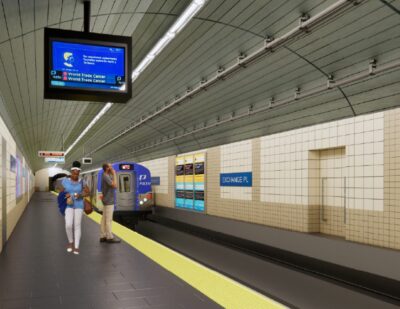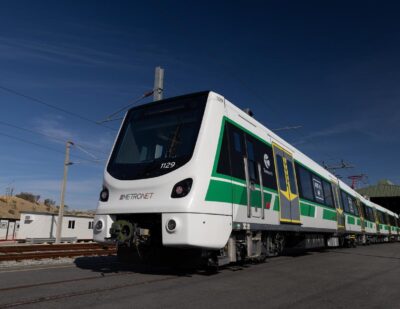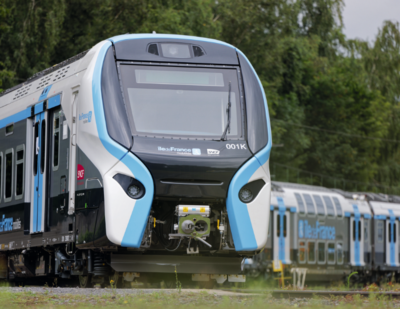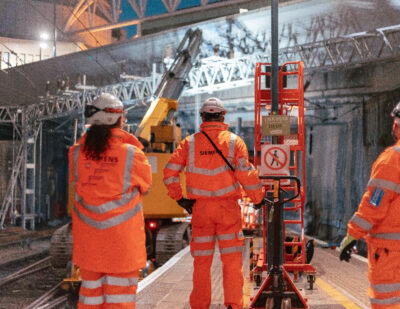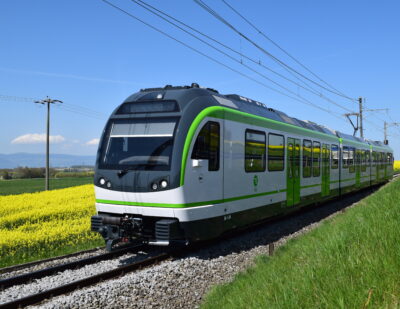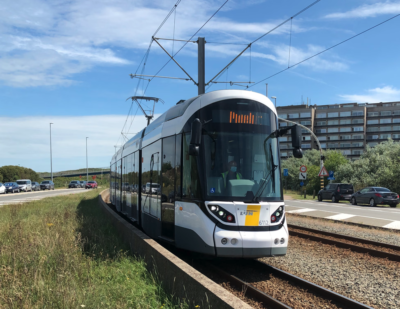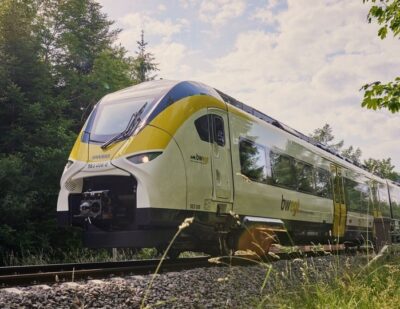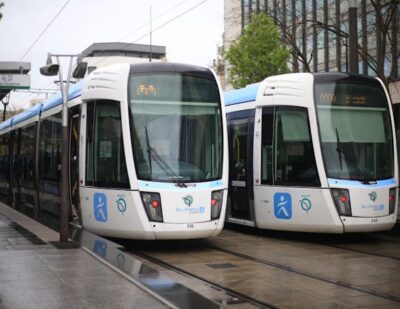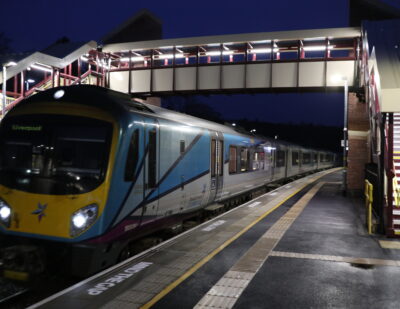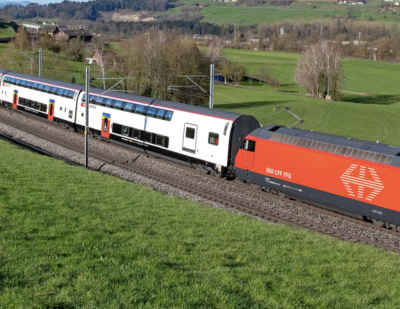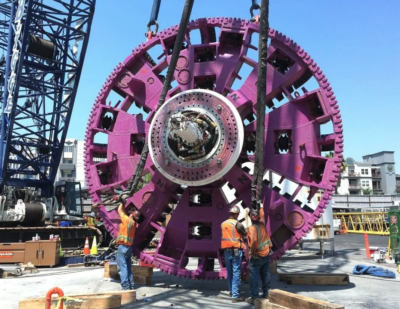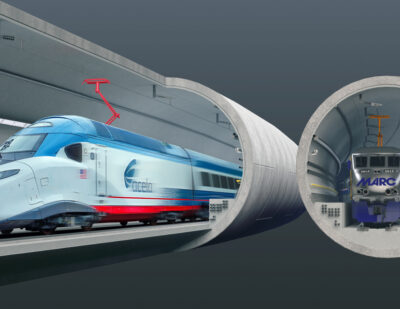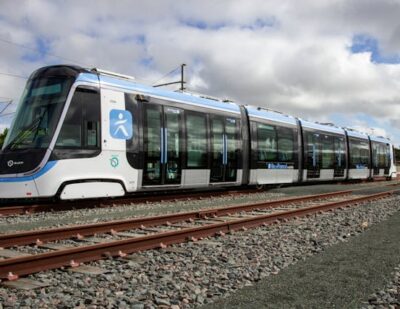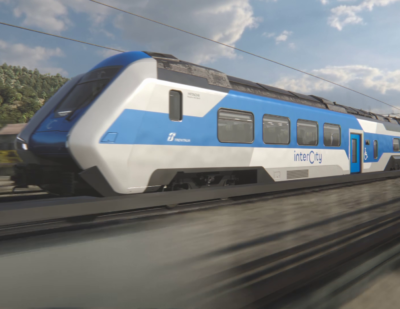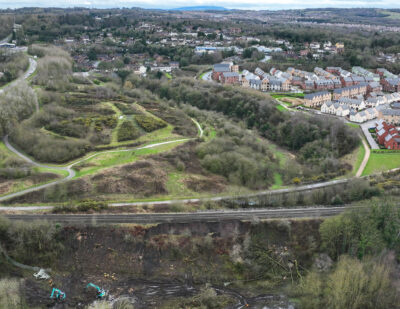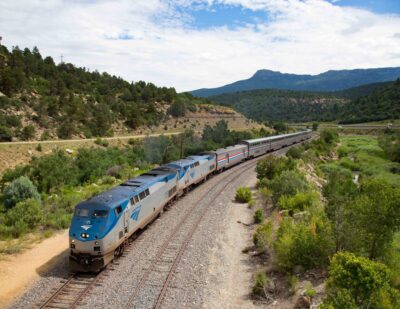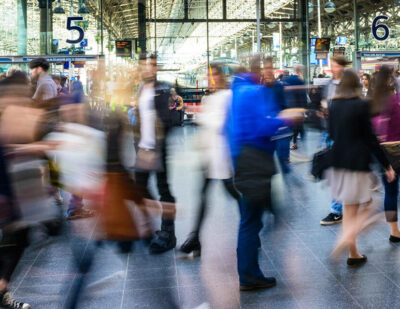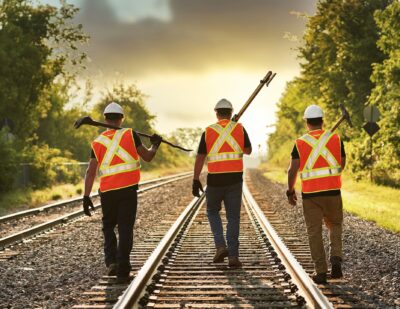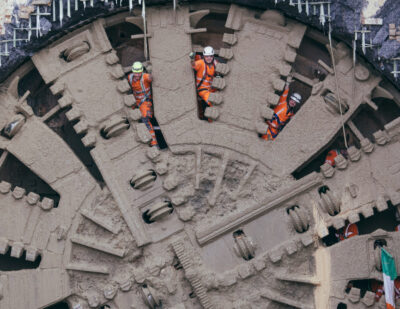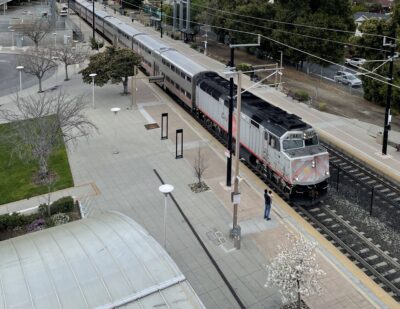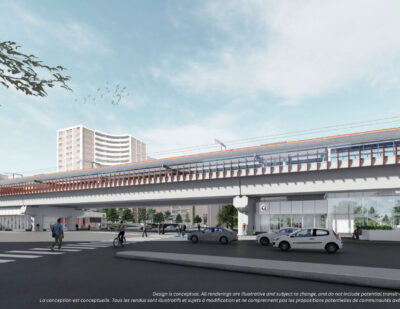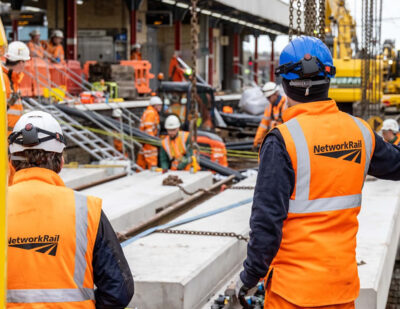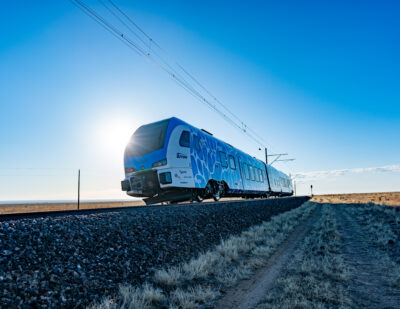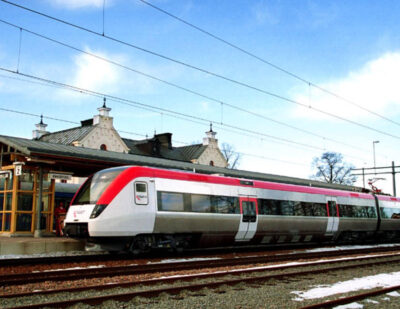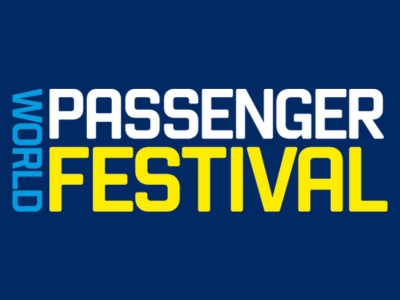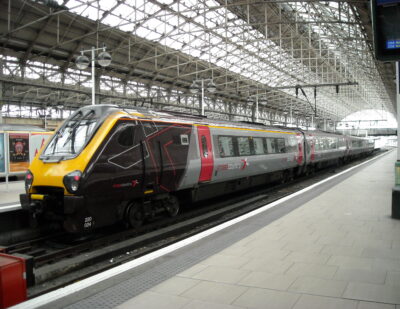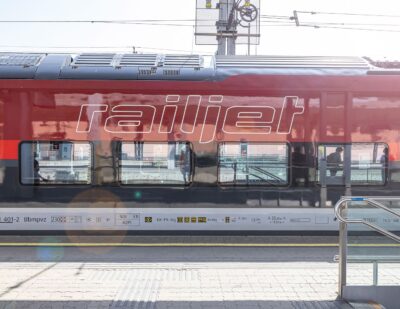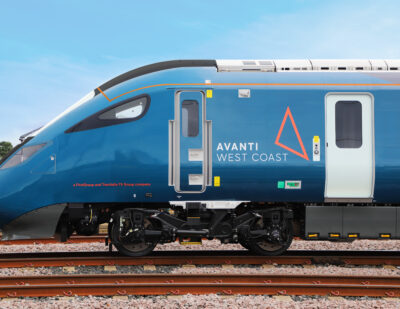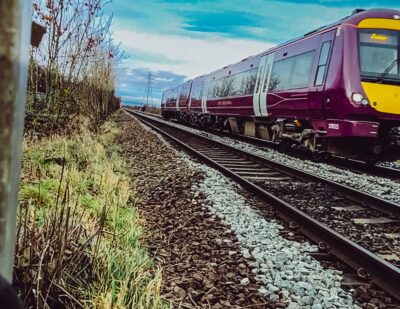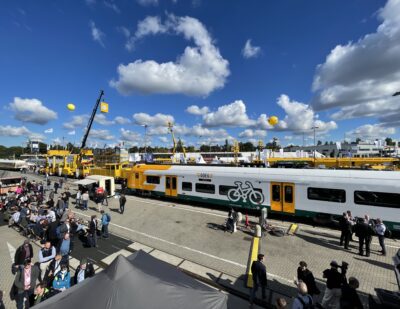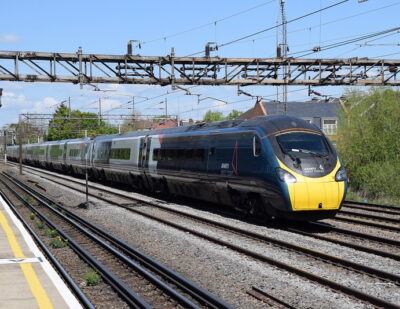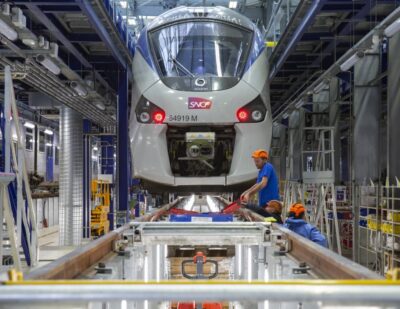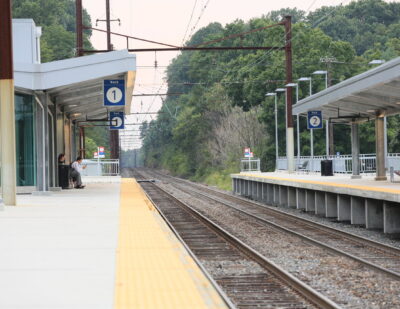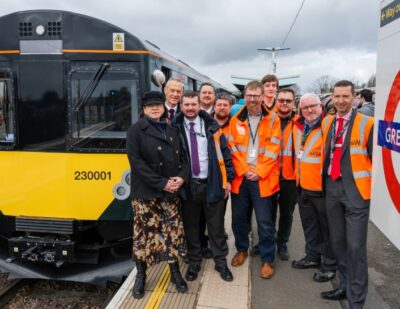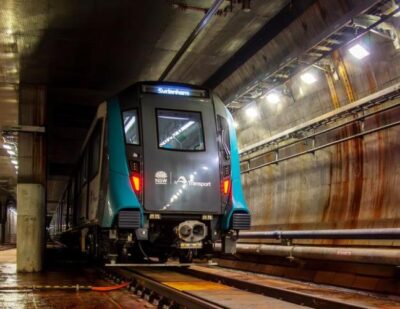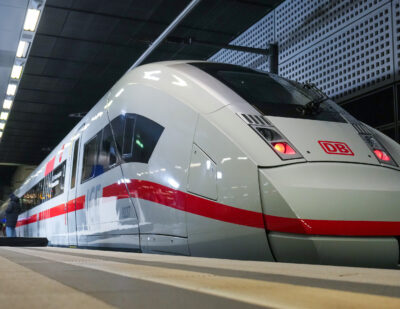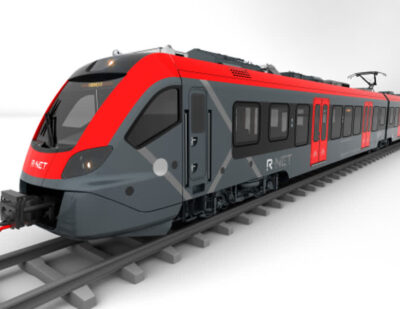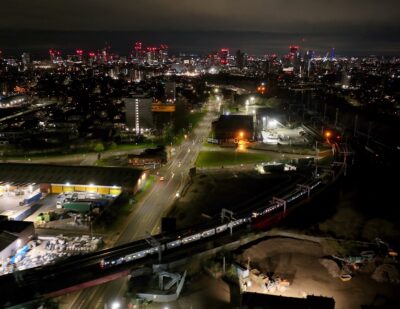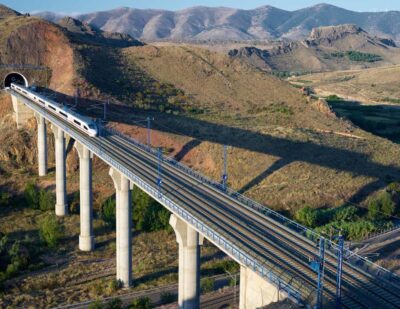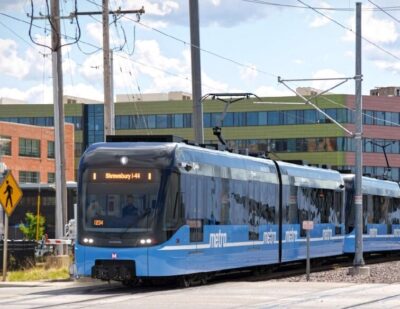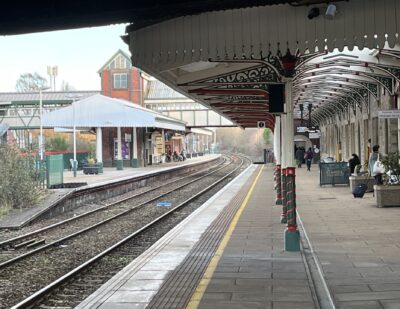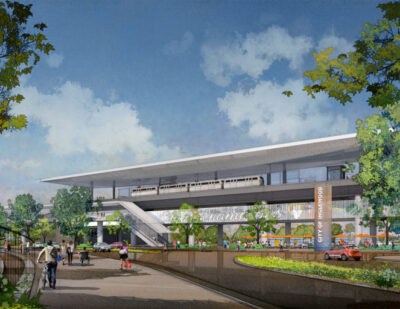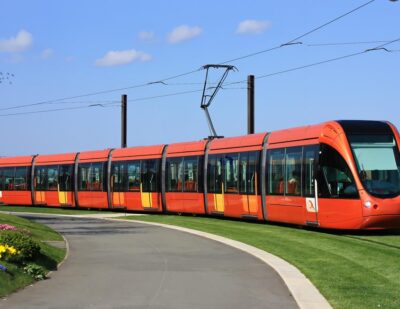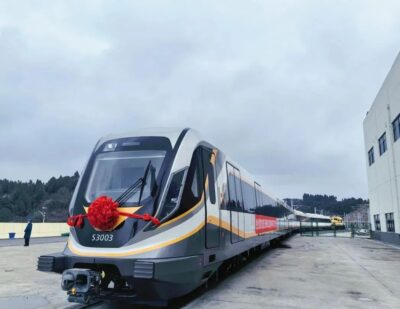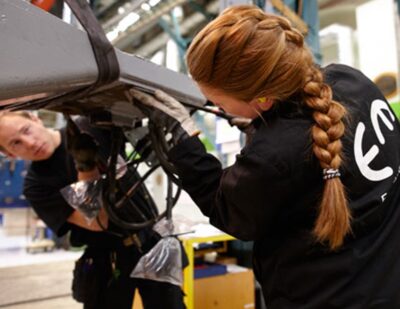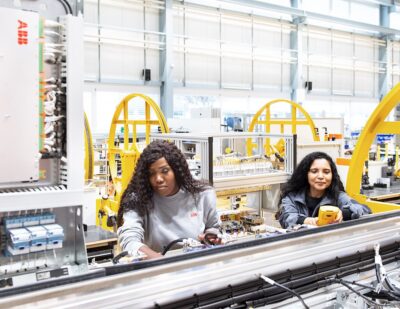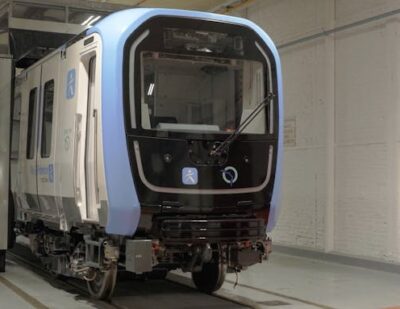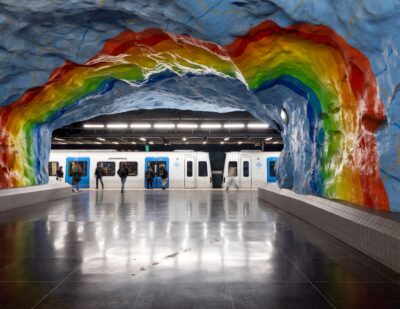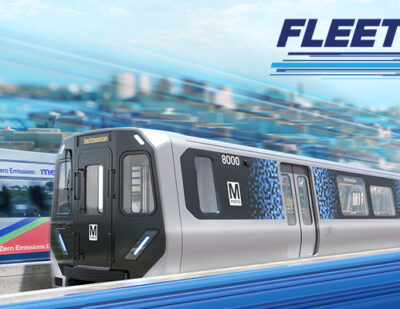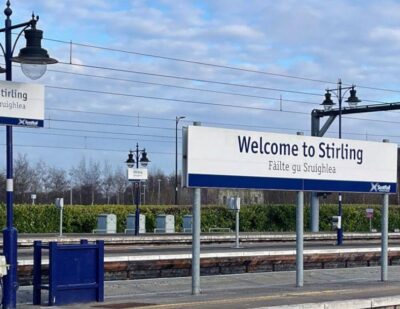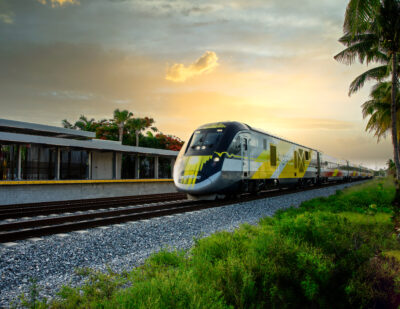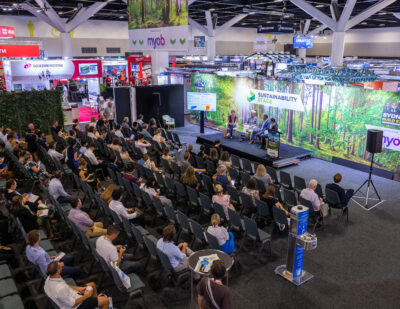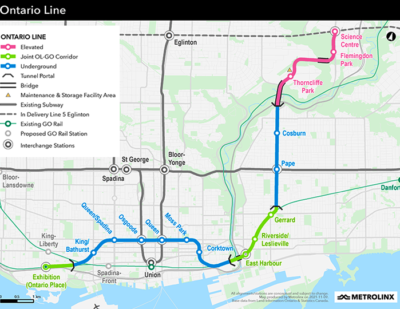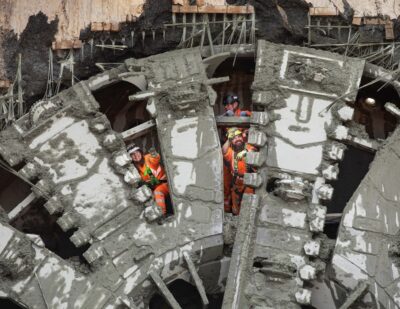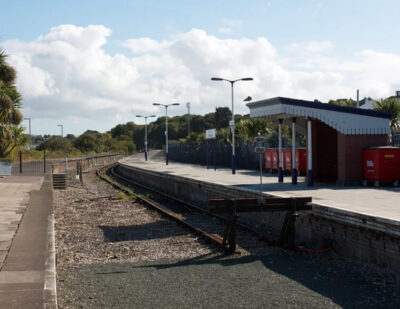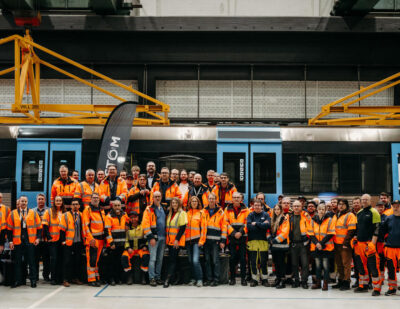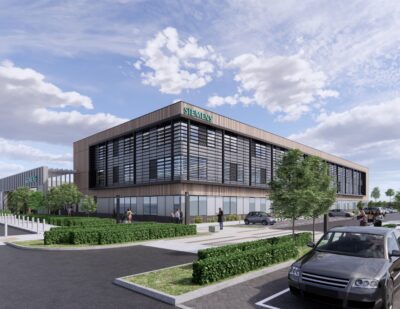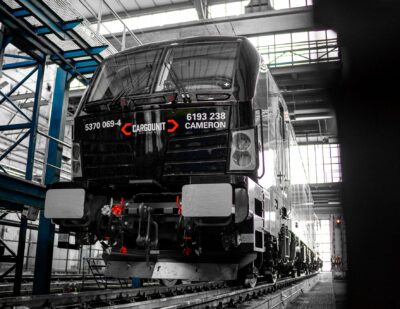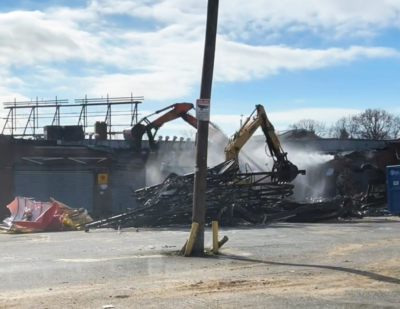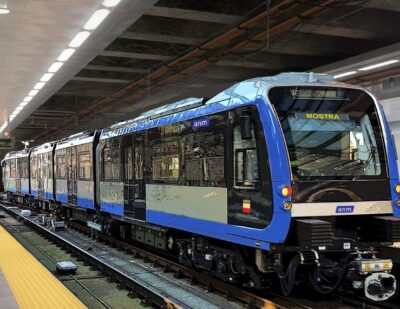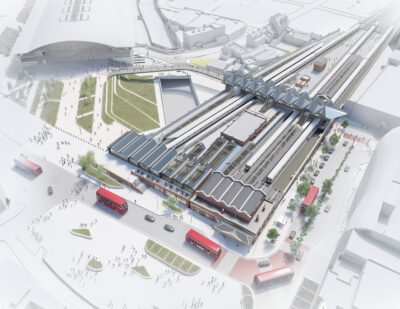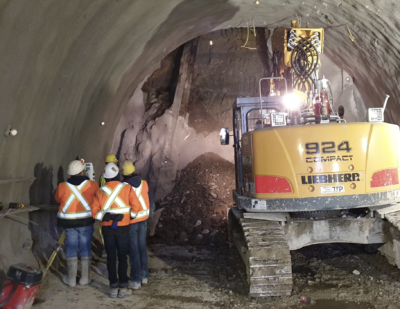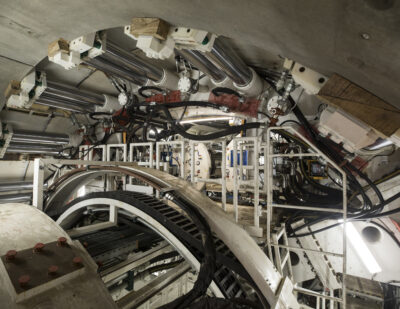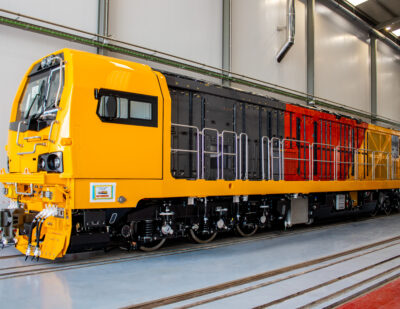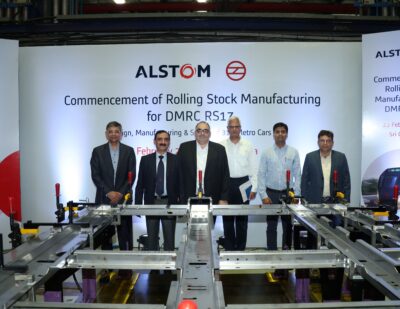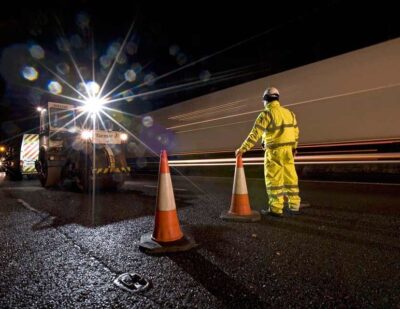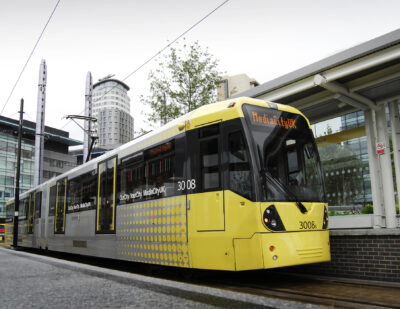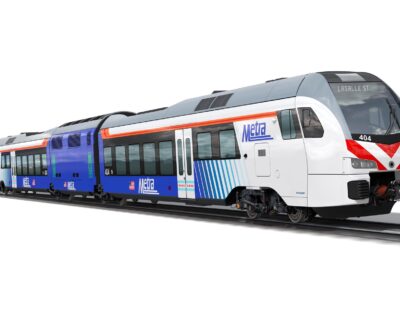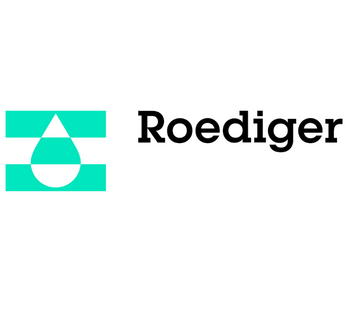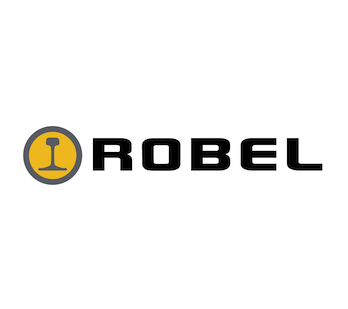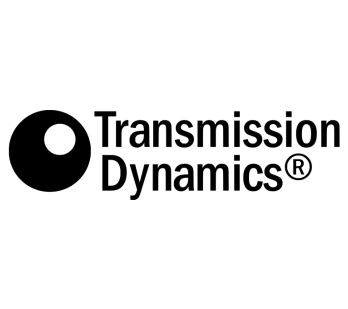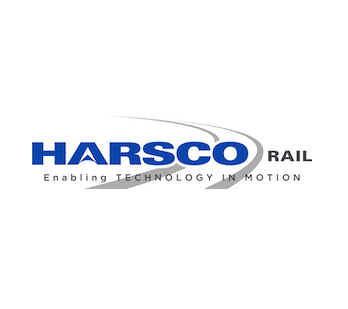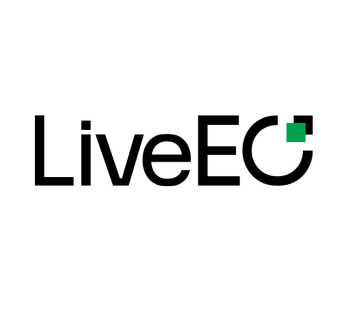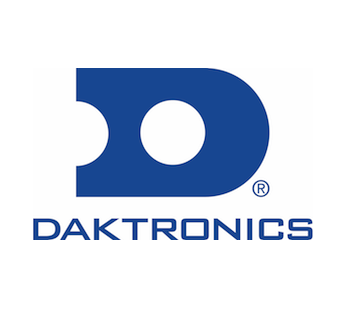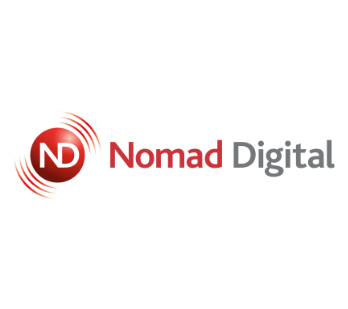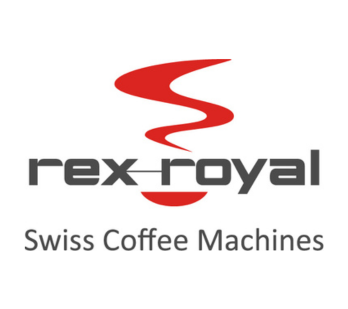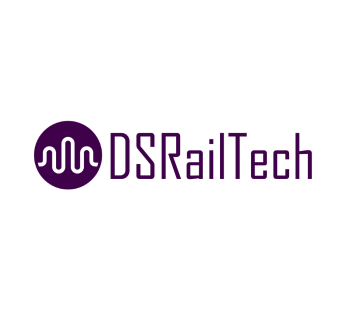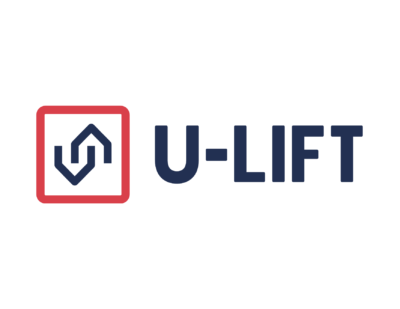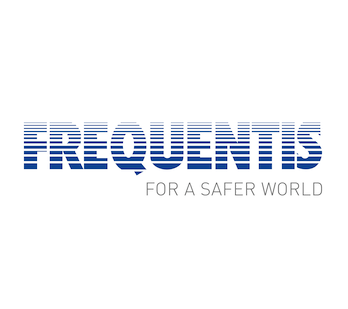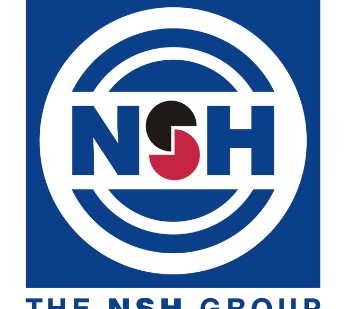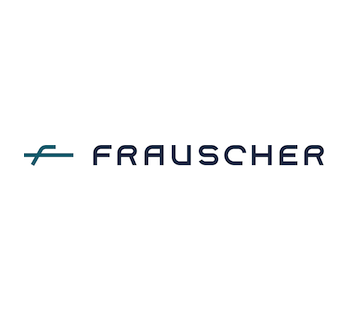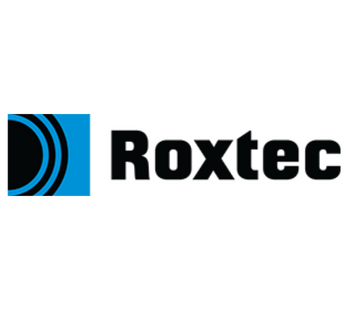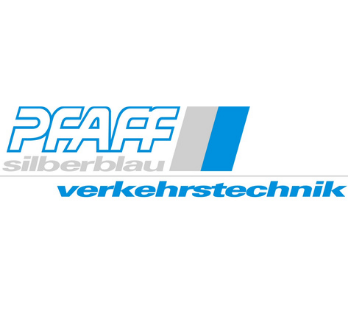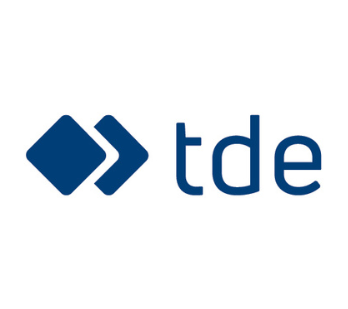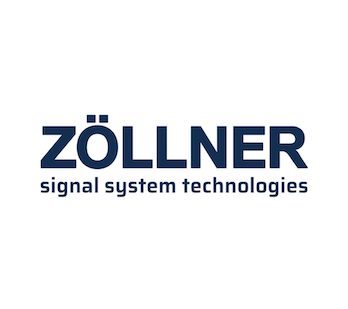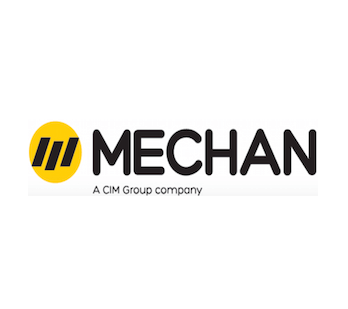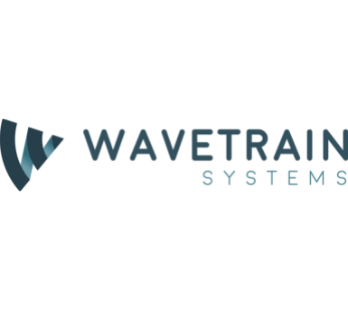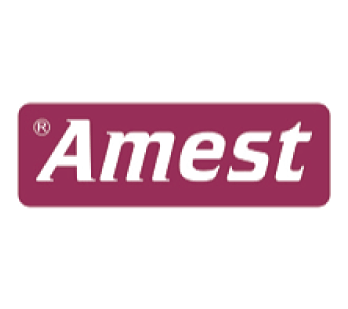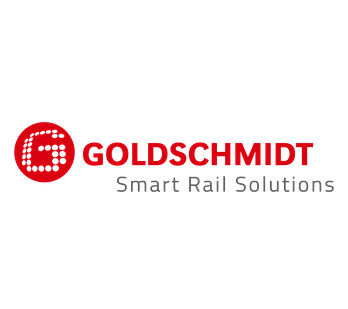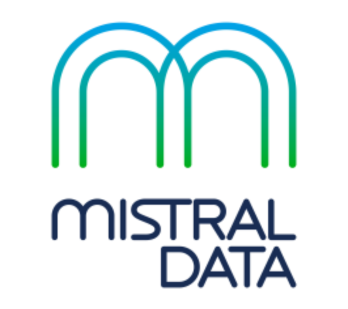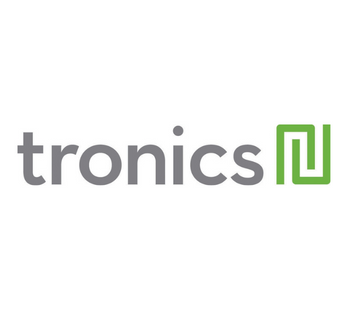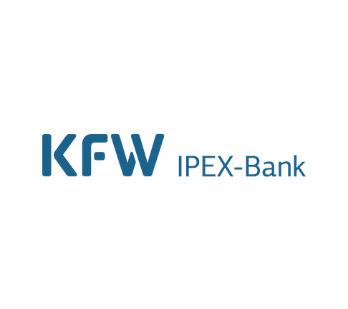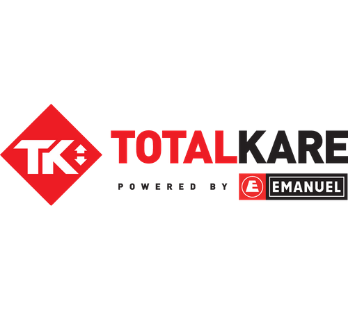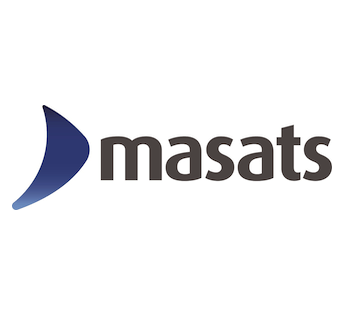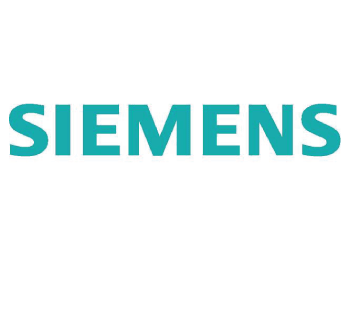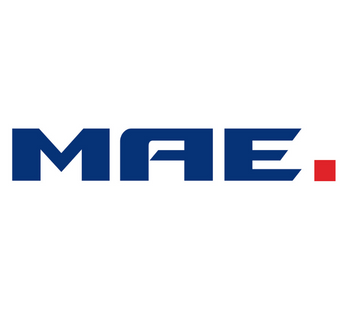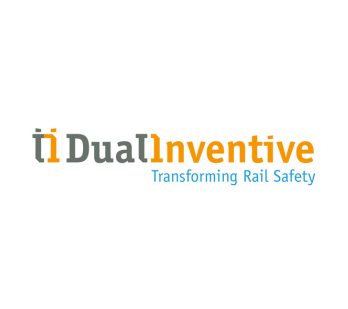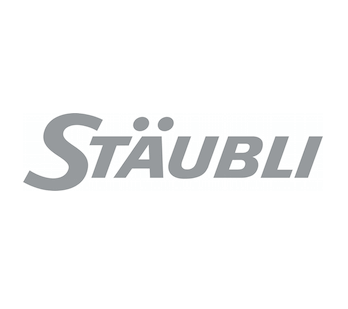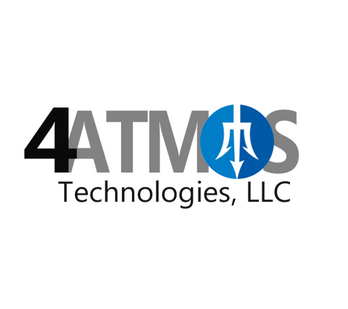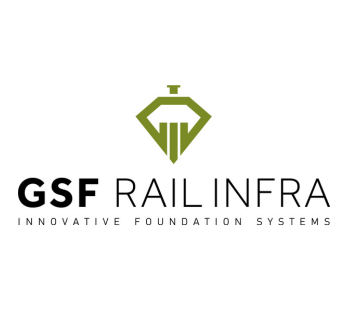Transport Ticketing Interview with Kevin Ayton – Great Western Railway
Kevin Ayton, Future Ticketing Technical Advisor at Great Western Railway
Kevin Ayton, Future Ticketing Technical Advisor at Great Western Railway, will contribute to two panel discussions titled ‘Are App and 2D barcodes disrupting the card centric schemes’ and ‘Facing the realities starting and delivering smart ticketing projects’ respectively at Transport Ticketing Global, taking place 24-25 January 2017 at Old Billingsgate, London.
Please talk a little bit about the process behind app and 2D barcodes- how do they work?
[KA] The barcode contains details of the journey or journeys purchased. The barcode is created when the ticket is issued, and then printed or sent to a mobile phone. It is encrypted to reduce the risk of fraudulent modification, and decoded by the barcode reader when validating the ticket. When the barcode is on a phone, the ticket may need to be ‘activated’ before it can be presented for validation – this is much the same as choosing a paper ticket in your wallet to insert into a gate.
Details of the ticket are interpreted by a gate to determine whether the ticket is valid “here and now”, and so whether to allow or deny access to the transport system. Information about which tickets have been seen at a station’s gateline can be stored locally at the station, and then used to manage passback – what is permitted because a customer has changed their mind or made a mistake, and what might be a potential fraud.
Records of tickets seen at a station are sent to a back-office database allowing tickets to be recorded as ‘consumed’, preventing further fraudulent use, and supporting analysis of travel patterns.
Do operators have to replace infrastructure or can they augment existing architecture?
[KA] In many cases barcode readers can be added to existing gatelines, although certain models of gate do not support both barcode and smartcard readers and would need replacing.
However, adding barcode capability to a gateline is often undertaken as part of a wider upgrade of a station where a full review of “ped-flow” (pedestrian flow) through the station is undertaken. Over the years customer volumes and behaviours change, and it is necessary to adapt the station and its infrastructure to match this evolution. And this may often require additional gates to be added to handle an increase in customer numbers. But this would need to happen whether or not barcode readers were added.
What are the key benefits of using this method over established programmes, such as smartcards?
[KA] I’m not sure it’s valid to consider “benefits of barcodes over smartcards”. Rather it’s a matter of recognising that there is no “one size fits all solution”, and barcodes, smartcards, contactless bankcards and any other technologies are just tools to be used. For example, barcode readers are currently slower than smartcard readers or even traditional magstripe, and therefore a barcode-based scheme may not be suitable for areas where there is a significant peak commuter traffic requiring a high flow rate through the gates. On the other hand the costs of issuing personalised smartcards means that they are less appropriate for occasional travellers, and for them a barcode could be the better option. So really it’s “horses for courses” – what do we want to deliver for our customers, and what is the best way to deliver it for each customer? The only thing that is certain is that the pace of change is high, and we need to be quicker to react to technology changes than the transport industry has been in the past.
How do you see digital ticketing schemes impacting railway transit in general?
[KA] The real issue is how we support customer choice. Different customers have different needs. The commuter just wants to know if they will get to the office on time; the business traveller wants peace and quiet; the occasional leisure traveller needs a lot of reassurance. To optimise the customer experience we need to understand their needs and how we react to them. With smarter ticketing – whatever the medium – we can have a much richer base of information to understand what customers do. If we know exactly what time someone is travelling because we know they have entered the system, then we can know if they are being delayed. We can offer advice about alternative connections; we can automatically provide refunds where appropriate; we could even send a message to the person meeting the customer at the end of the journey advising of a delay in arrival. Once you start putting this all together you are limited only by your imagination – and by each customer’s preference for their ‘level of engagement” – forcing information onto someone is almost as bad as not providing any at all.
Beyond digital, what do you see as the future of transport ticketing?
[KA] I do think that there will be greater convergence between currently disparate systems to provide a more integrated experience for customers. The end-to-end experience should become seamless – from journey planning through ticket purchase to undertaking the journey, with support when disruption occurs. As we become more dependent on technology we need to be more aware of how we as operators can support customers when systems and networks fail. Just because we are unable to read their barcode or smartcard shouldn’t mean they can’t travel – and more particularly they shouldn’t have to explain why their ticket hasn’t been ‘clipped’ at the start of the journey when they try to exit the system at the end of the journey.
Technologies such as Bluetooth Low Energy (BLE) have the potential to make life much easier for the ‘initiated’ traveller with “Be In / Be Out” (BIBO) detection, and could form part of a ‘best value post-pay’ travel scheme. And it will be great when everything works well. But we need to put the processes and procedures in place so that customers aren’t overcharged when failures occur, while balancing that with the risk of fraud or other revenue loss. Getting that balance right will not be easy.
For more information about the conference programme and specifically Kevin’s session, please visit Transport Ticketing Global.
